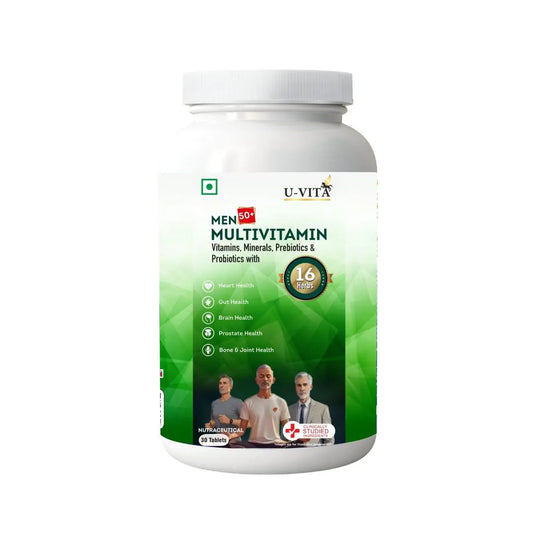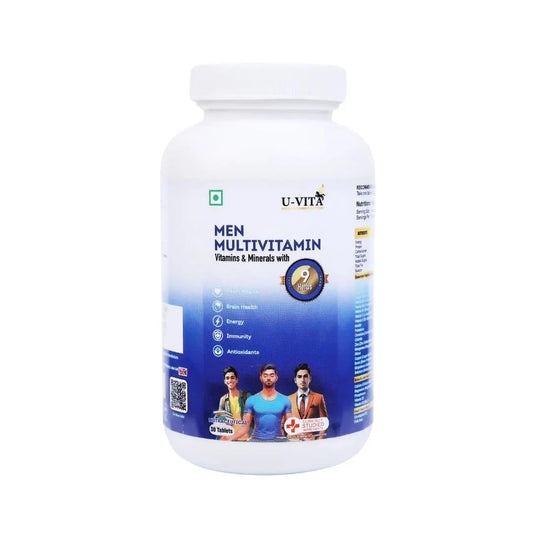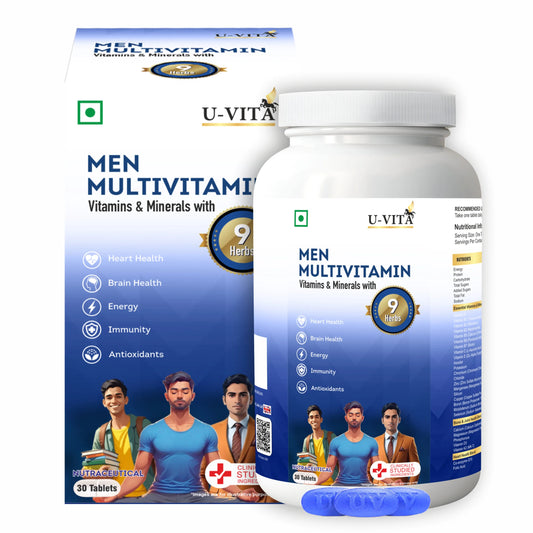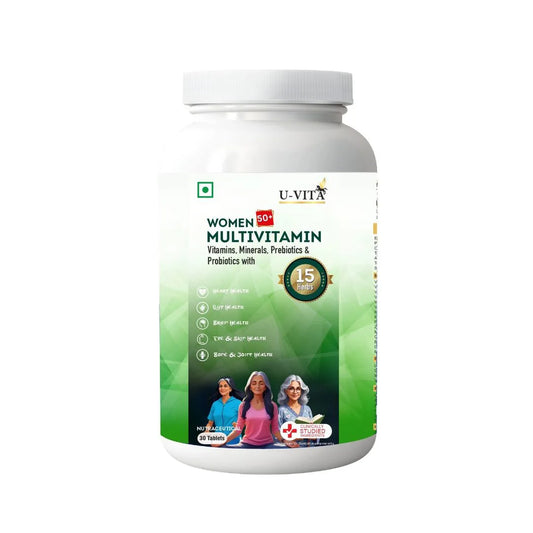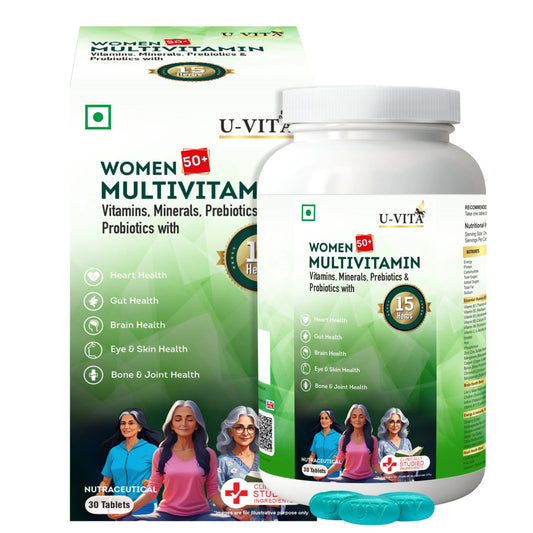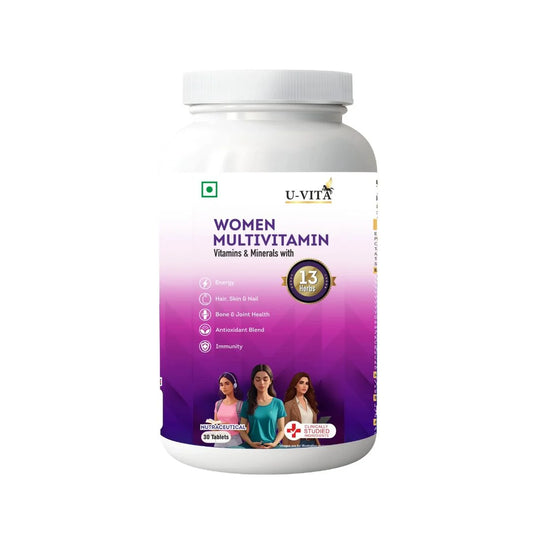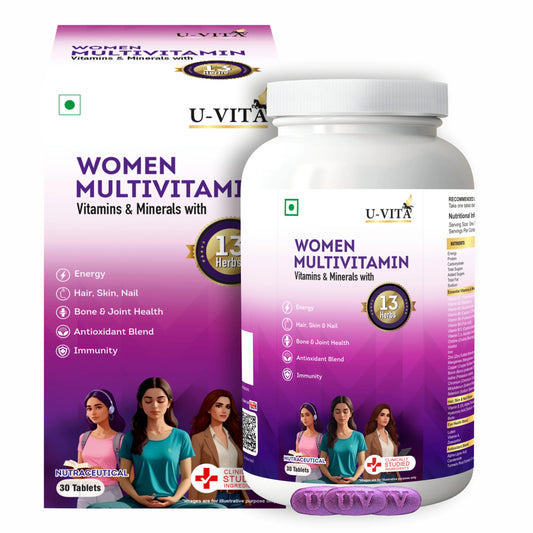As we age, maintaining bone health becomes increasingly important to prevent fractures, osteoporosis, and other conditions related to weak bones. Unfortunately, bone density naturally declines with age, making older adults more susceptible to bone-related issues. Fortunately, vitamins and nutrients play a key role in supporting bone health and ensuring that bones stay strong throughout the aging process.
Here, we will explore the importance of bone health in aging adults and which nutrients are critical.
The Role of Vitamins in Bone Health

Bones are living tissues that constantly renew themselves. However, as we grow older, the process of bone renewal slows down, and bone mass tends to decrease. The body also becomes less efficient in absorbing key nutrients like calcium, which is vital for bone strength. This is where vitamins and nutrients come into play.
Vitamins are crucial in helping the body to absorb, store, and use minerals like calcium. Without the proper vitamins, our bones can become weak and brittle, increasing the risk of fractures.
When bone health is compromised due to a lack of vitamins, conditions like osteoporosis become more common. Fortunately, certain vitamins can help prevent bone loss and maintain bone density as we age.
Key Vitamins and Nutrients for Strong Bones

To ensure your bones remain healthy, there are specific vitamins and nutrients you should focus on. Here are some of the most important-
|
Nutrient |
Role in Bone Health |
Sources |
|
Vitamin D |
Helps the body absorb calcium, necessary for maintaining bone density and strength. Without enough Vitamin D, bones can become weak. |
Sunlight exposure, fatty fish, fortified dairy, supplements |
|
Calcium |
Primary building block of bones, essential for bone density and strength. Calcium helps prevent bone loss and osteoporosis. |
Dairy products, leafy greens, fortified foods, supplements |
|
Vitamin K |
Supports bone mineralisation, helps bind calcium to bones, and improves bone density. Important for post-menopausal women. |
Leafy greens, certain dairy products, fermented foods |
|
Vitamin C |
Crucial for collagen production, which maintains the structure and strength of bones. Acts as an antioxidant to protect bones from oxidative stress. |
Citrus fruits, berries, peppers, leafy greens |
|
Magnesium |
Regulates calcium levels, supports bone metabolism, and helps in the synthesis of bone-forming proteins. |
Nuts, seeds, whole grains, leafy greens, supplements |
Supplements for Healthy Bones
While it’s always best to obtain nutrients from food sources, aging adults may find it challenging to get enough calcium, Vitamin D, and other vital nutrients through diet alone. This is where supplements for healthy bones come into play.
1. Multivitamins for Bone Health
A good multivitamin will include a mix of the essential vitamins and minerals needed to maintain bone density. Look for multivitamins that include Vitamin D, Calcium, Magnesium, Vitamin K, and Vitamin C. These supplements can help fill any nutritional gaps and provide support for bone strength.
2. Calcium Supplements
As calcium is a key nutrient for bone health, older adults may require calcium supplements, especially if they aren’t able to get enough from their diet. Calcium supplements can help maintain bone density and prevent bone fractures.
3. Bone Health-Specific Supplements
Certain supplements are designed specifically to support bone health, often combining calcium with other essential vitamins and minerals like Vitamin D and Magnesium. These supplements are particularly beneficial for aging adults who are at higher risk of bone loss.
Lifestyle Changes to Support Bone Health
In addition to taking vitamins and supplements, making certain lifestyle changes can help maintain bone health:
1. Physical Activity
Exercise plays a significant role in maintaining bone density. Weight-bearing exercises, such as walking, running, and strength training, help strengthen bones and improve balance. Regular physical activity can reduce the risk of falls and fractures.
2. Dietary Changes
A diet rich in bone-supporting nutrients is essential for aging adults. In addition to taking multivitamins, focus on foods like dairy, leafy greens, fatty fish, and nuts to boost calcium, Vitamin D, and magnesium intake.
3. Avoiding Smoking and Excessive Alcohol
Smoking and excessive alcohol consumption can weaken bones and increase the risk of osteoporosis. By cutting back on smoking and drinking, you can improve your bone health and reduce the risk of fractures.
When to Consult a Doctor About Bone Health

It’s important to consult with your doctor about your bone health, especially as you age. Regular check-ups and bone density tests can help identify any potential issues early. If you are at risk of osteoporosis or bone loss, your healthcare provider can recommend specific supplements for healthy bones and a proper treatment plan.
Your doctor may also suggest supplements or changes to your diet to ensure you’re getting the right nutrients for bone health. Always speak to your healthcare provider before starting any new supplements or making significant lifestyle changes.
To Sum Up
Maintaining strong bones is crucial as we age, and ensuring that you’re getting the right vitamins and nutrients is key to bone health. By prioritising essential nutrients, you can support bone density, reduce the risk of fractures, and maintain mobility.
U-Vita’s range of bone health supplements can help you meet your nutritional needs, supporting your overall well-being for healthier, stronger bones.
FAQs
Why is bone health important as we age?
Bone health is important as we age to prevent fractures, osteoporosis, and other bone-related conditions that can affect mobility and quality of life.
Which vitamins are essential for strong bones?
Vitamin D, Calcium, Vitamin K, Magnesium, and Vitamin C are essential for maintaining bone strength and preventing bone loss in aging adults.
Are calcium supplements necessary for aging adults?
Calcium supplements are often necessary for aging adults who may not be able to get enough calcium from their diet to maintain bone density.
What lifestyle changes help improve bone health?
Regular exercise, a diet high in bone-supporting nutrients, and avoiding smoking and excessive alcohol consumption are important for maintaining healthy bones.
When should I consult a doctor about bone health?
Consult a doctor if you’re experiencing symptoms like frequent fractures, loss of height, or back pain, or if you’re concerned about osteoporosis and bone density.



